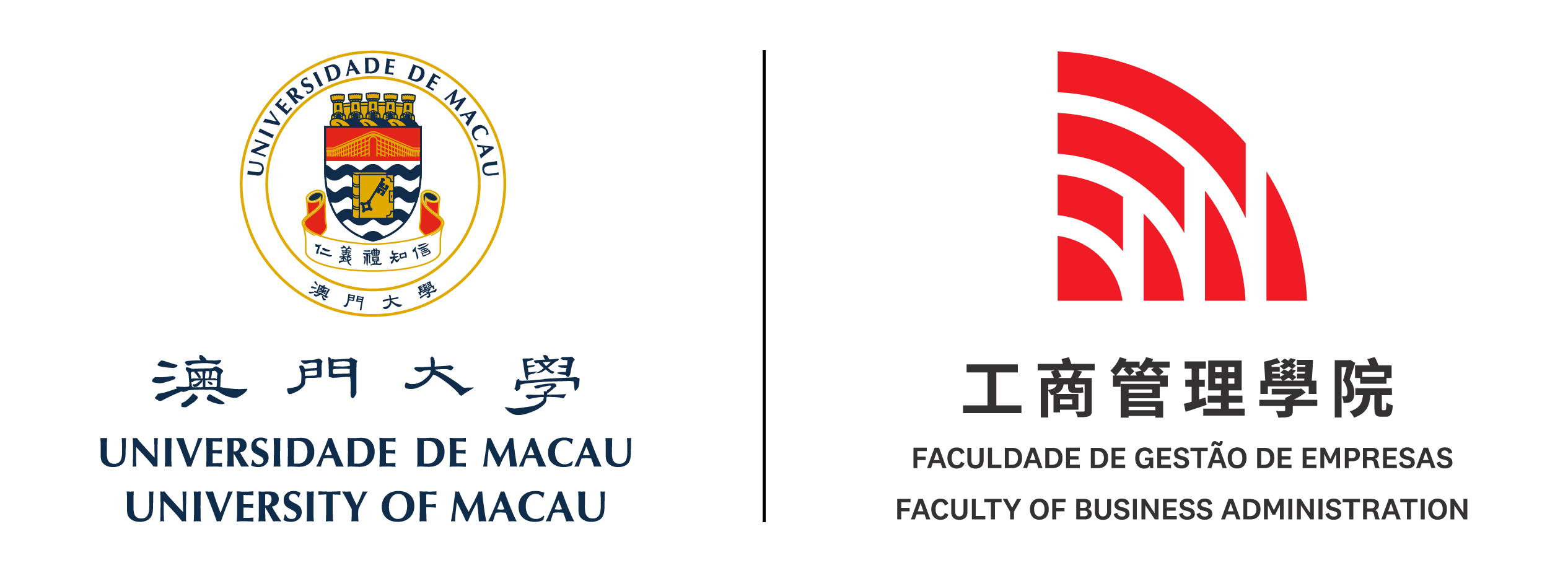Faculty of Business Administration
SEMINAR SERIES No. 07/1516
Finance and Business Economics
Assistant Professor
Chinese University of Hong Kong
Mobile phones have been widely adopted worldwide. As a result, a tremendous amount of mobile phone data, including detailed information about individuals’ social networks and behavior, is available to researchers and marketers. These data allow us to explore many new questions, but the analysis of such complex datasets is challenging. Given the longitudinal evolution of networks and the way behavior changes over time, we use a stochastic actor-based dynamic network model for our analysis to study complex networks and behavior and the co-evolution of the two systems. In our study, we focus on how peer adoption affects individuals’ decisions; specifically, we examine how peer influence affects the likelihood of an individual adopting a Samsung Note II mobile phone, Samsung high-end phones, and Samsung phones. Peer influence does not always exist under any circumstance. By simultaneously examining peer influence in multiple networks of different structures, we answer the following research question: Under what circumstances (i.e., network structures) is peer influence effective? We find that peer influence has a significant and positive effect on adoption rates in all three behavior cases, but only in some networks. We show that two network structure factors, namely, network cohesiveness (i.e.,clustering coefficient and assortativity) and network heterogeneity (i.e., entropy and epidemic threshold) can be used to predict the effectiveness of peer influence within a network after controlling for network demographic information. Especially, network heterogeneity strongly affects how behavior spreads through a network, although it has often been ignored in previous studies. We find that peer influence in a network graphed like a string ball with evenly distributed links is more likely to be effective than in networks with other characteristics. Our simulations further reveal that peer influence is a double-edged sword. Due to peer influence, “popular ones get more popular and unpopular ones get more unpopular.” In a network with effective peer influence, a certain number of adopters is needed to trigger a multiplier effect. Our findings provide new insights into buzz marketing campaigns by emphasizing the need to select the appropriate target social networks based on their structures before selecting target individuals. We name this strategy “network-based targeting.”
Date: 4 December, 2015 (Friday)
Time: 15:00~16:30
Venue: Faculty of Business Administration, E22-G010
A Short Biography of Prof. Chih-Sheng Hsieh
Prof. Chih-Sheng Hsieh obtained his Ph.D. of Economics from the Ohio State University at 2013 and now is an assistant professor in the department of Economics at CUHK. His research interests include labor economics, health economics, and social networks. He has published papers in Journal of Applied Econometrics, Scientific Reports, Journal of Financial Econometrics, and Academia Economic papers.


